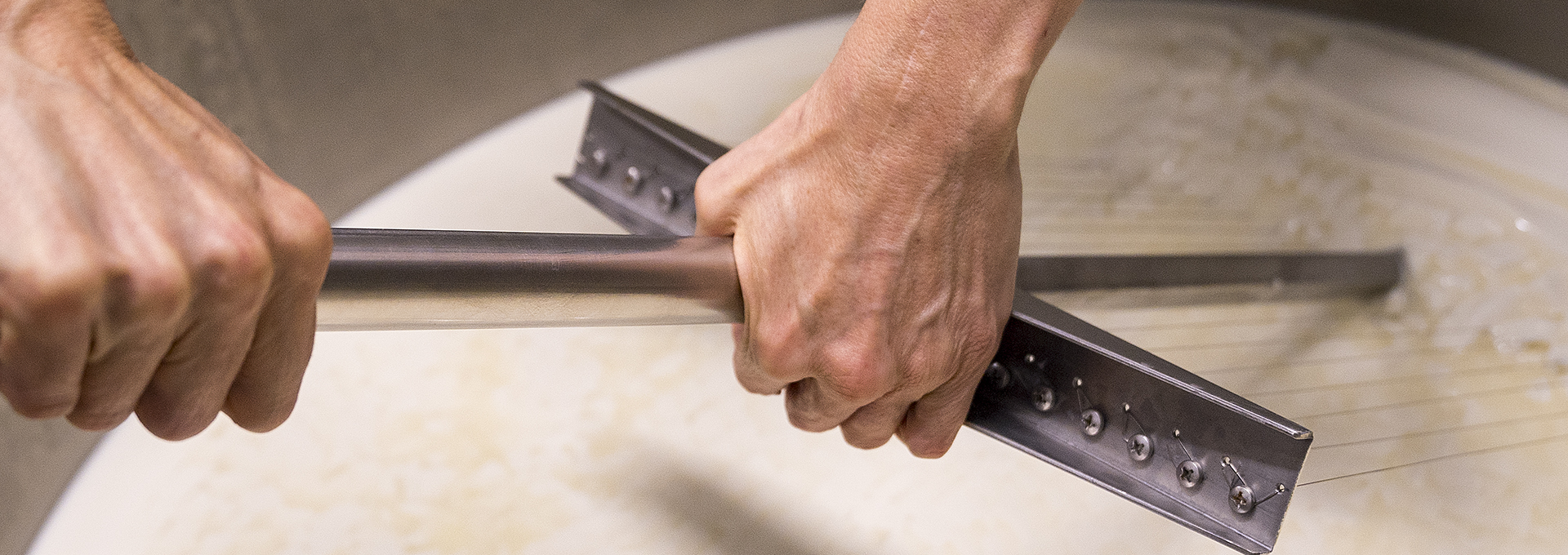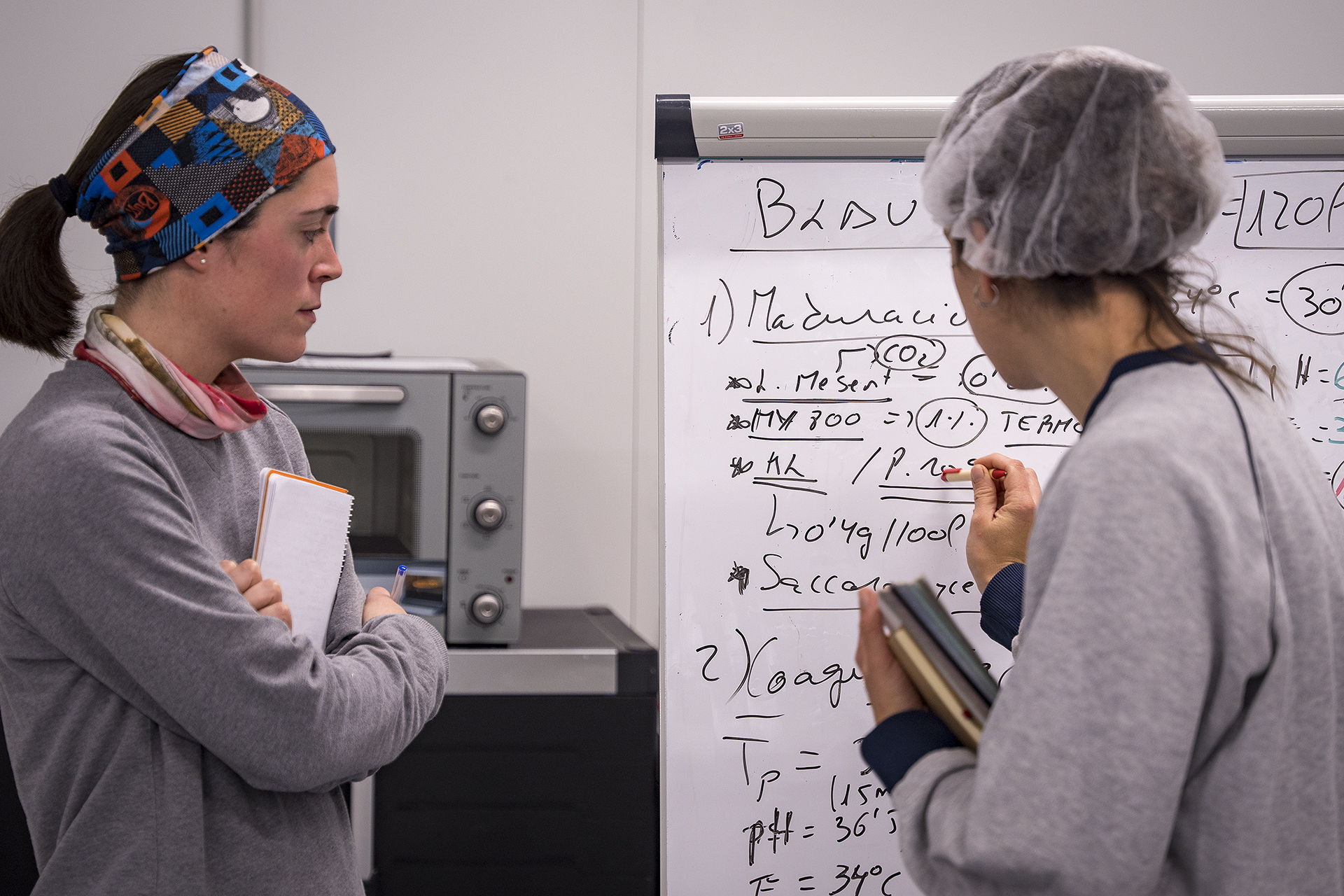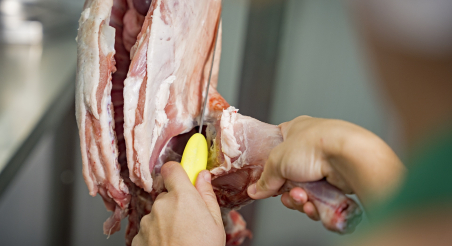Shared agri-food processing and slaughtering facilities have played a crucial role in the growth of rural areas in the province of Barcelona. These spaces have facilitated the sale of locally produced goods. Unfortunately, due to the increasing industrialization of the agri-food industry, several such facilities have been shut down. This has created a gap that adversely affects young entrepreneurs in the agri-food sector.
This situation has prompted the Barcelona Provincial Council to promote the establishment of shared facilities that can serve individuals with business ideas and the motivation to bring them to fruition. Of the fifteen collective agri-food processing and slaughtering spaces currently in operation in the Barcelona region, six have received support from the corporation: these include the Lluçanès cheese dairy, the Montserrat Rural Park meat-cutting facility, the Bages vegetable processing facility, the Central Catalonia mobile abattoir, the small modular abattoir in Moianès, and the meat-cutting and slaughter room in Montseny.
In 'Artisanal Territory', the new short film from the 'BCN Smart Rural Stories', Anna Puig and Joan Rius present the two collective spaces they currently use to produce and transform their agri-food products. They are accompanied by the geographer and consultant Anna Roca, who explains the importance of shared agri-food facilities and abattoirs when promoting the transition towards a more sustainable, local and inclusive food model.
Agribusiness entrepreneurship
The short film highlights the advantages of utilizing a shared workspace to bring artisanal food projects to life. For instance, entrepreneurs who are just starting can use a collaborative food processing facility to test their products in the market, which can significantly reduce their initial investment and minimize the risks involved. In these spaces, users have access to all the necessary machinery for agri-food activities, allowing them to experiment with different work processes and production types to discover the most commercially viable options. Both the space and tools strictly adhere to regulations, producing food that meets required health and quality standards. Eventually, the cost savings have an impact on the final price of the product, allowing new artisans to offer high-quality food at an affordable price.
It is worth noting that some of these facilities provide specialized courses in fields such as agri-food, economics or commerce, and we already know that continuing education plays a vital role in achieving business success. Additionally, some of them offer personalized counselling services to entrepreneurs, including follow-up on their projects. These shared workshops, which are flexible, agile, and adaptable, also provide excellent opportunities for people to exchange experiences and connect with one another.
For more information about the shared food processing facilities that promote the Barcelona Provincial Council, please contact Sònia Callau, head of the Agricultural Territorial Directorate of the corporation.
— BCN Smart Rural Editorial —




